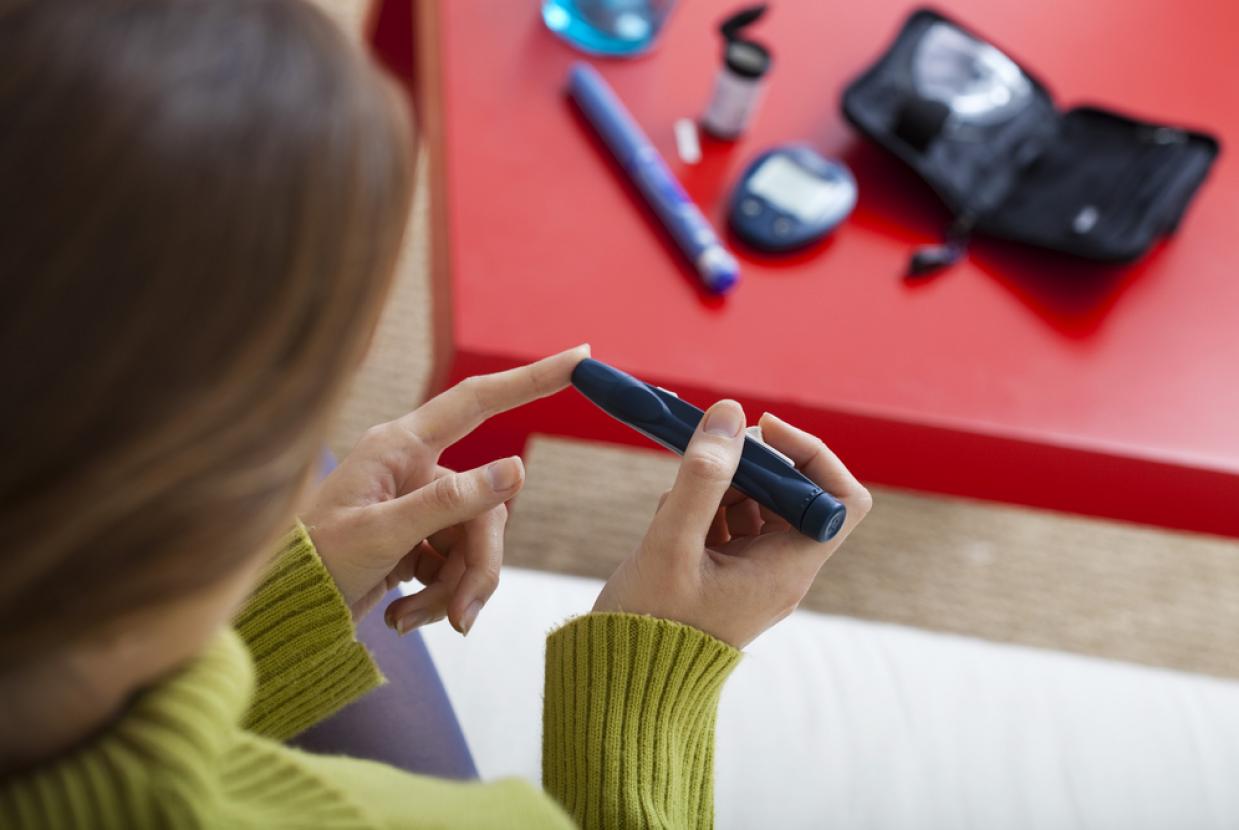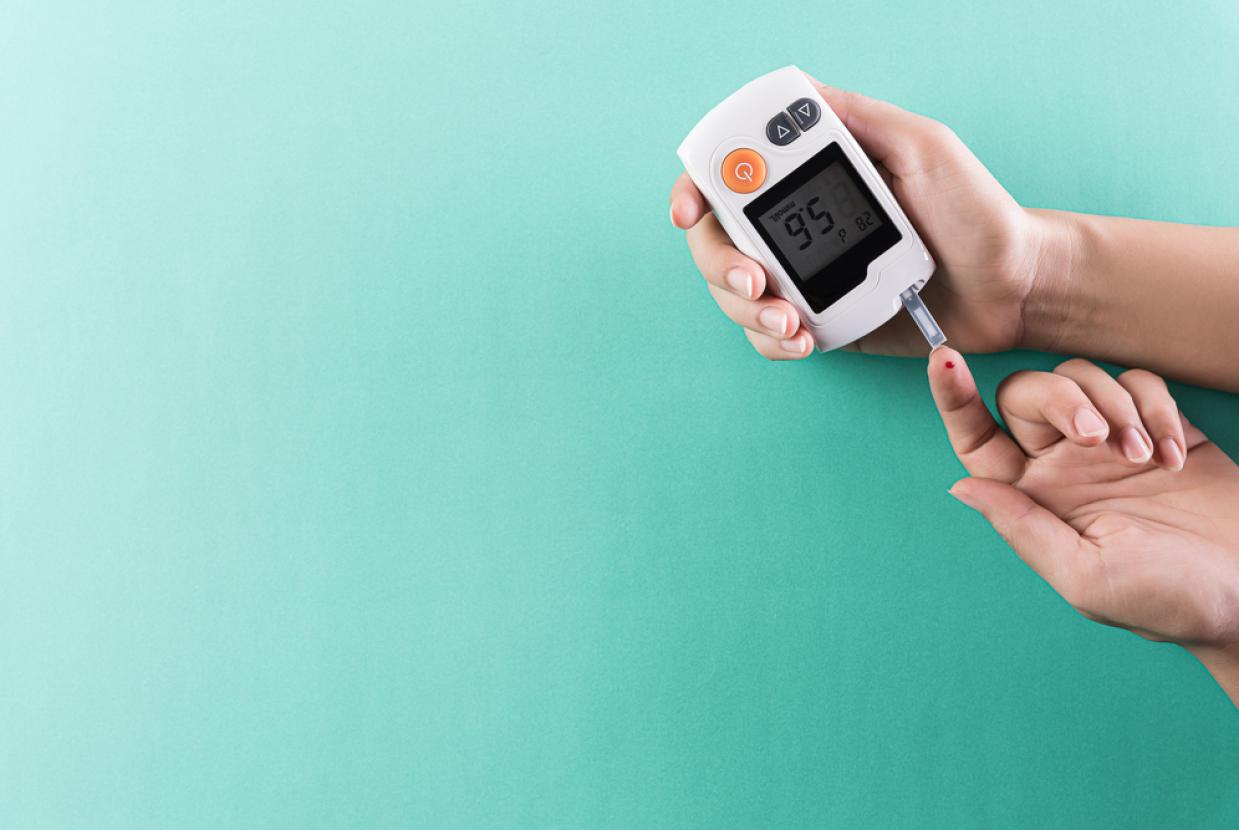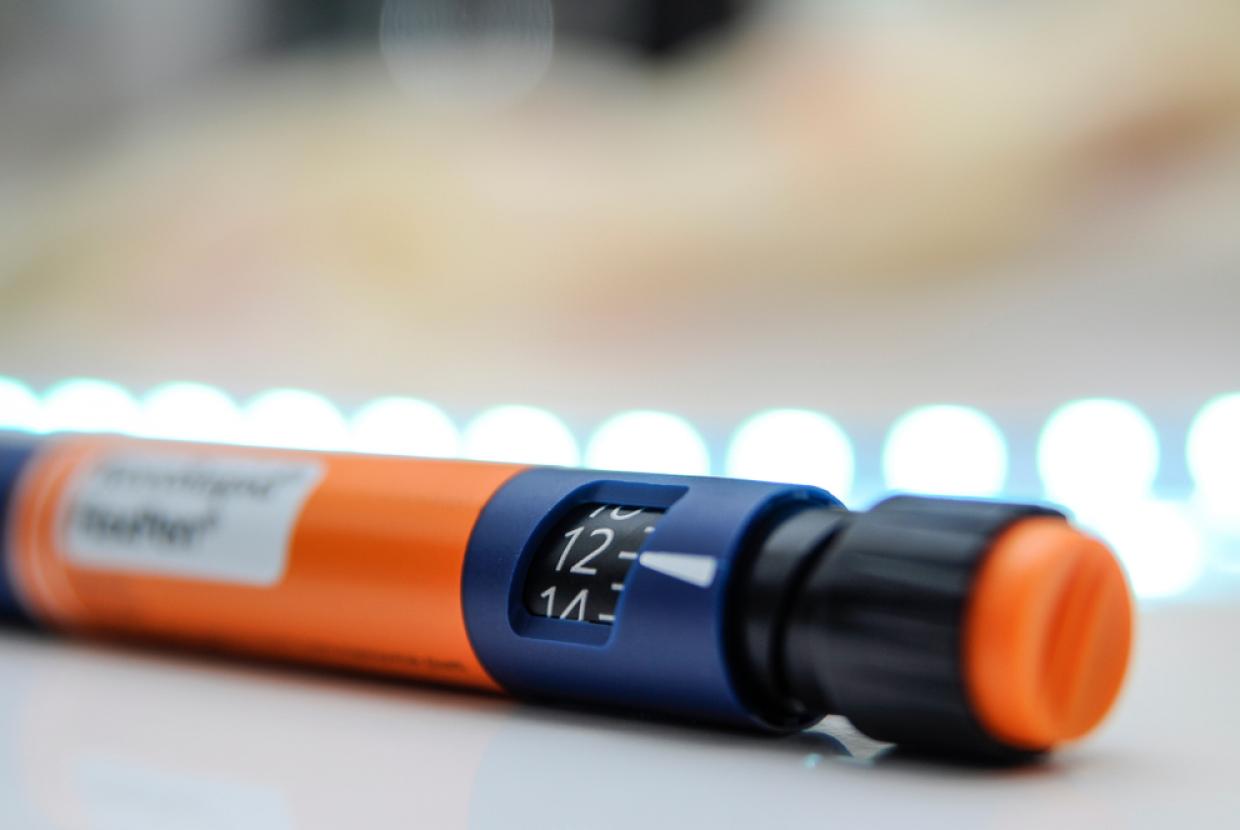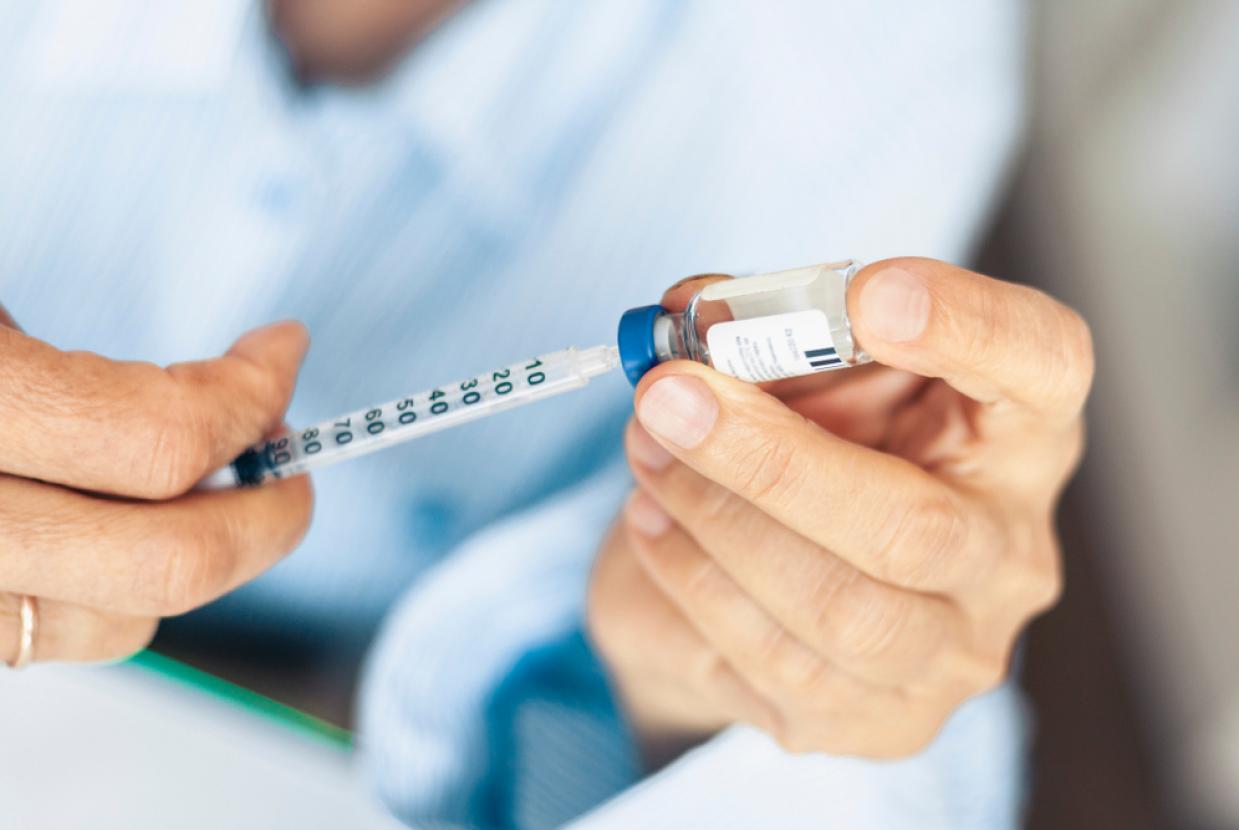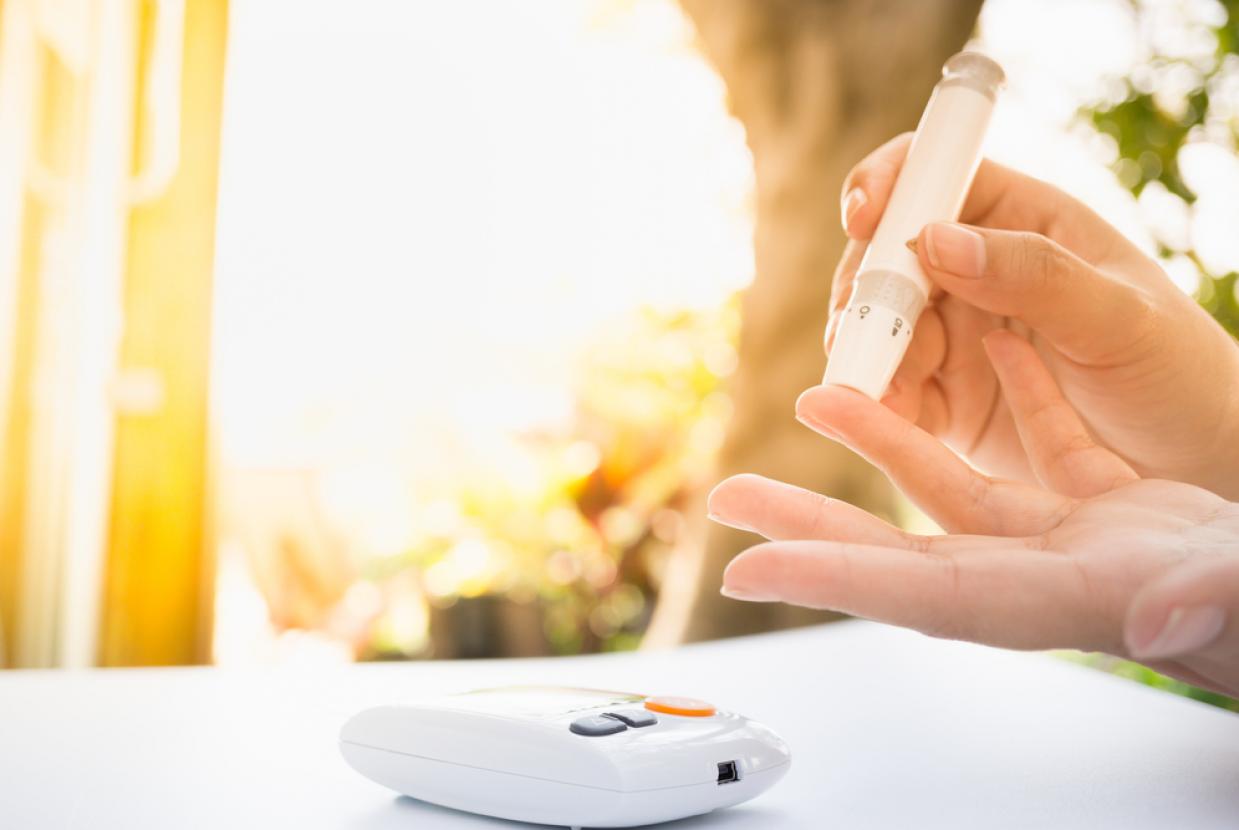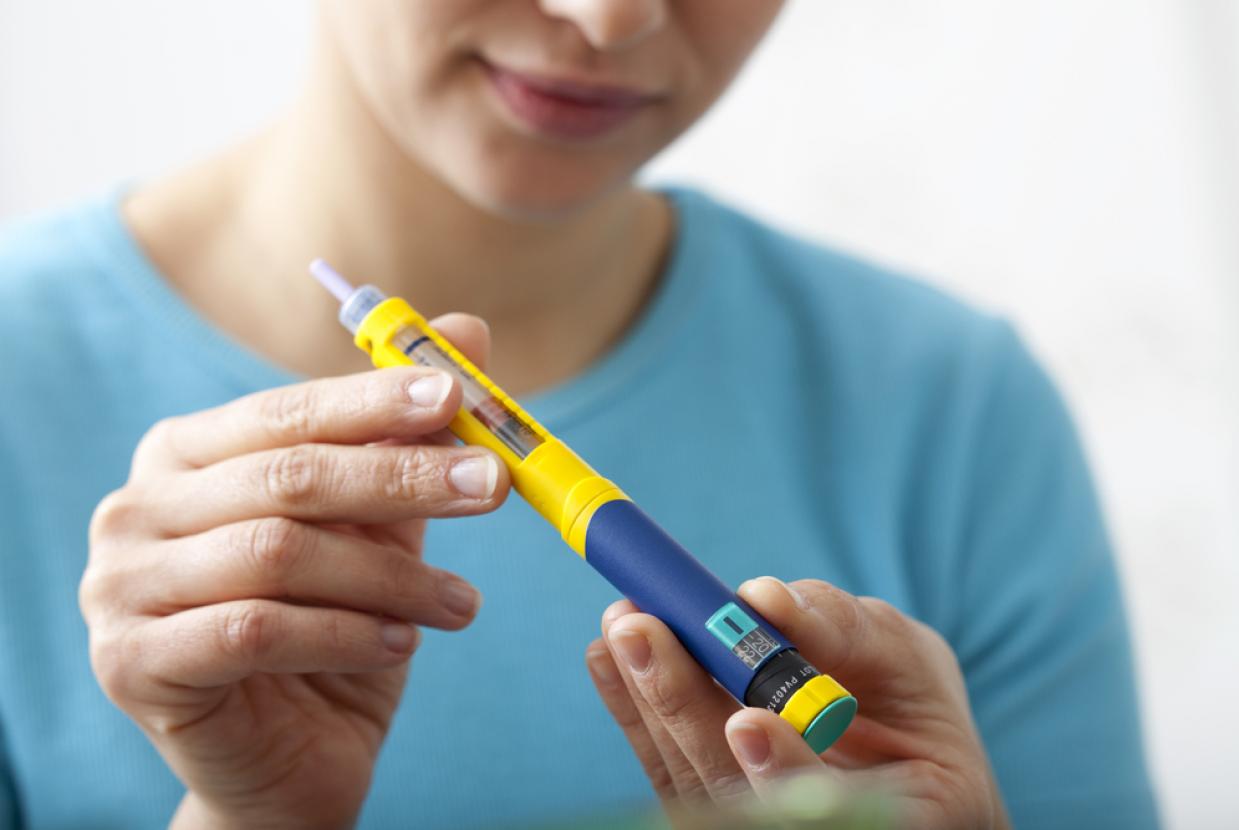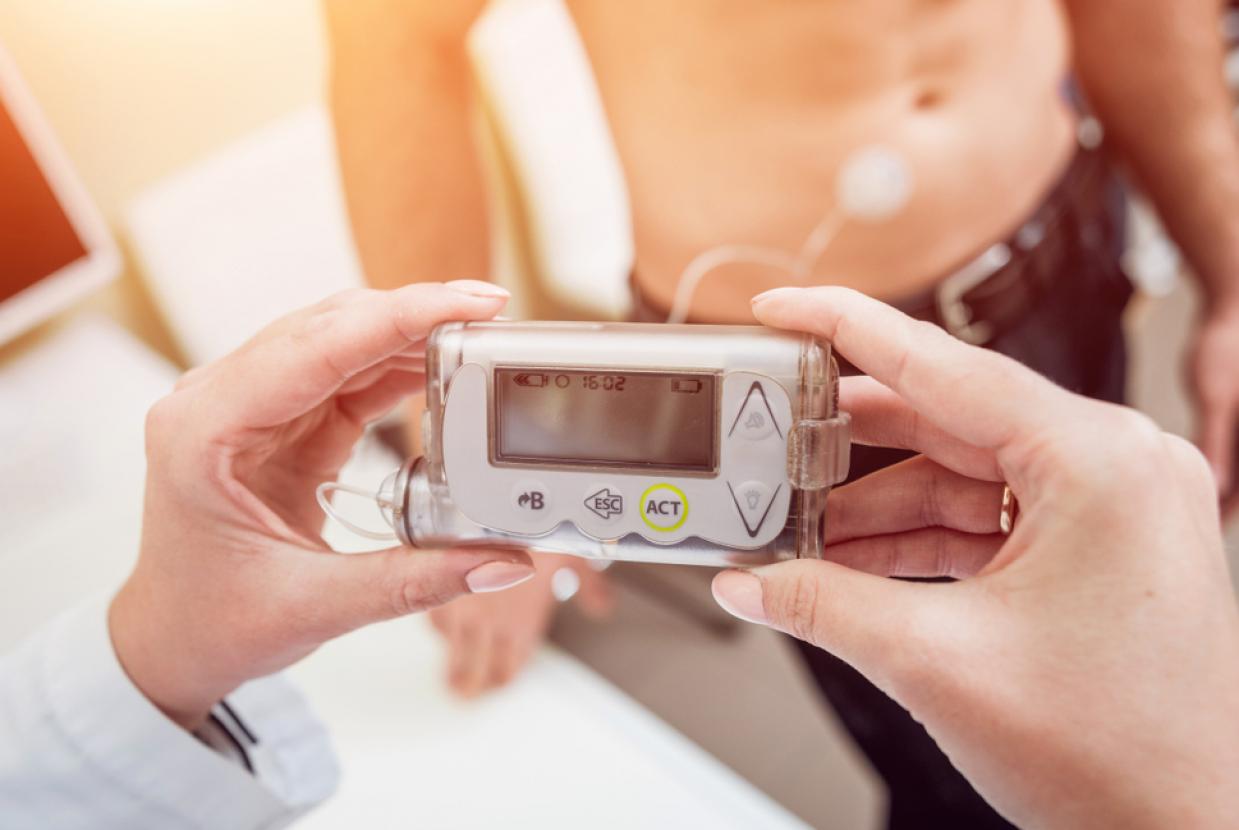Diabetes Signs and Symptoms
Are you worried that you, your child or someone you know may have diabetes? Having some diabetes symptoms doesn’t mean you definitely have the condition, but you should always contact your GP, just to make sure.
Diabetes symptoms
- Toilet - going for a wee a lot, especially at night.
- Thirsty - being really thirsty.
- Tired - feeling more tired than usual.
- Thinner - losing weight without trying to.
- Genital itching or thrush.
- Cuts and wounds take longer to heal.
- Blurred eyesight
- Increased hunger.
These symptoms can affect anyone - adult or child. But some are more commonly experienced by people with type 1 diabetes, and can come on really quickly.
We call these the 4Ts - find out more about the symptoms of type 1 diabetes.
What are the most common symptoms of diabetes?
You may experience other diabetes symptoms and the symptoms you have may not exactly match that of another person and may not be on the list above. However, the most common symptoms experienced by many people with diabetes are increased thirst, going for a wee a lot, feeling tired and losing weight.
You’re showing diabetes symptoms: what next?
If you feel very unwell or your symptoms of diabetes have come on quickly seek an urgent appointment with your GP or call NHS 111. If you have any diabetes symptoms, it’s important to contact your GP and ask for a blood test for diabetes. Find out more about getting tested for diabetes.
What causes symptoms of diabetes?
Diabetes symptoms occur because some or all of the glucose stays in the blood, and isn’t being used as fuel for energy. The body tries to reduce blood glucose levels by flushing the excess glucose out of the body in the urine, making you more thirsty.
High levels of glucose being passed in the urine are a perfect breeding ground for the fungal infection which causes thrush. But not everyone gets symptoms. In fact, 6 out of 10 people have no symptoms when they’re diagnosed with type 2 diabetes.
When to speak to a doctor
You should contact your local GP if:
- You or your child is showing diabetes symptoms
- You believe you or your child is at high risk of developing diabetes
If you think your partner or a friend is also at risk of diabetes, speak to them and encourage them to seek professional advice.
Diabetes risk factors
Some people are at a higher risk of developing diabetes than others.Depending on the type of diabetes, this can be due to their ethnicity, their genetics or even their lifestyle choices. These are known as the risk factors of diabetes. Knowing what the risk factors are, and if they affect you, can help you decide if you need to do something to reduce your risk.
Know Your Risk
It’s important to know your risk of developing diabetes, as it can inform your future decisions.
Check your risk of type 2 diabetes using our free Know Your Risk tool - it only takes two minutes. If your score is high or very high risk, you'll need to ask your GP for a blood test.
If you ignore the signs of diabetes
It’s hard to ignore the signs of type 1 diabetes because symptoms can often appear quite quickly. But leaving it untreated can lead to serious health problems, including diabetic ketoacidosis, which can result in a potentially fatal coma.
Although the majority of people with type 1 diabetes are diagnosed in childhood and early adulthood, the symptoms are the same at any age. Adults with type 1 diabetes may not recognise their diabetes symptoms as quickly as children, which could mean their diagnosis and treatment may be delayed.
Type 2 diabetes can be easier to miss as it develops more slowly, especially in the early stages when it can be harder to spot the symptoms. But untreated diabetes affects many major organs, including your heart, blood vessels, nerves, eyes and kidneys. Being diagnosed early and managing your blood sugar levels can help prevent these complications.
Getting diagnosed and the right treatment are vital, and can reduce the chances of developing serious complications.









